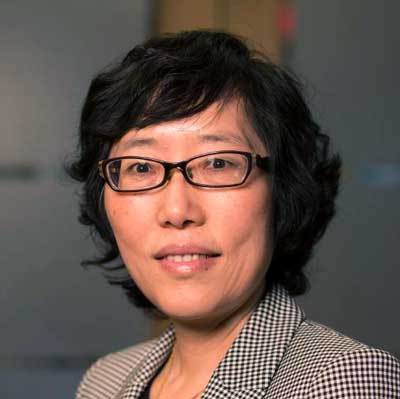Mortality rates after breast cancer diagnosis are higher among men than women, according to results from a large cohort study published in JAMA Oncology.
“Men with breast cancer fare worse than women, even after you adjust for most known clinical predictors,” said Xiao-Ou Shu, M.D., senior author on the paper and Ingram Professor of Cancer Research at Vanderbilt University Medical Center.
Less than one percent of all breast cancers occur in men. Due to the small number of cases, designing clinical trials to study the disease is a challenge and most treatment decisions for male breast cancer are based on studies done in women.
The Study
Using data from the National Cancer Database, which captures 70 percent of all US cancer cases, Shu’s team compared mortality between 16,025 male and 1,800,708 female patients with breast cancer diagnosed between 2004 and 2014. It is one of the largest studies to date to assess survival differences between men and women with breast cancer.
Compared to females, male breast cancer patients were older at diagnosis (63.3 versus 59.9 years of age), had a higher proportion of estrogen receptor-positive disease (83.9 versus 74.7 percent) and a higher proportion of late-stage disease (stage III: 14.0 versus 8.9 percent; stage IV: 5.8 versus 3.8 percent).
The overall survival rate for men was 45.8 percent, while for women it was 60.4 percent. Clinical characteristics and undertreatment were associated with 63.3 percent of the excess mortality among male patients. However, sex remained a significant factor associated with mortality even after full adjustment for clinical characteristics, treatment factors, age, race/ethnicity, and access to care.
“Do men require a different treatment than women?”
Underlying Factors
Shu and colleagues are calling for more research on treatment compliance, sex-specific disease characteristics and post-diagnosis lifestyle differences to further clarify mechanisms underlying the disparity. Treatment compliance has been shown to be lower for male breast cancer patients compared to female patients.
Additionally, Shu recommends further research to determine whether sex-specific guidelines are required. Due to the lack of clinical trials specific to male patients, current treatment for male breast cancer typically follows guidelines developed for female patients.
“Do men require a different treatment than women? Or, are the existing treatments equally effective and the reason we don’t see the equal benefit is because men don’t complete the treatment? A clinical trial focused on men would help to clarify this,” Shu said.





